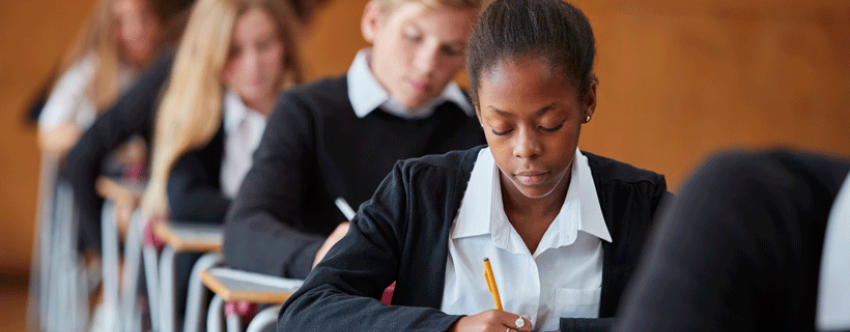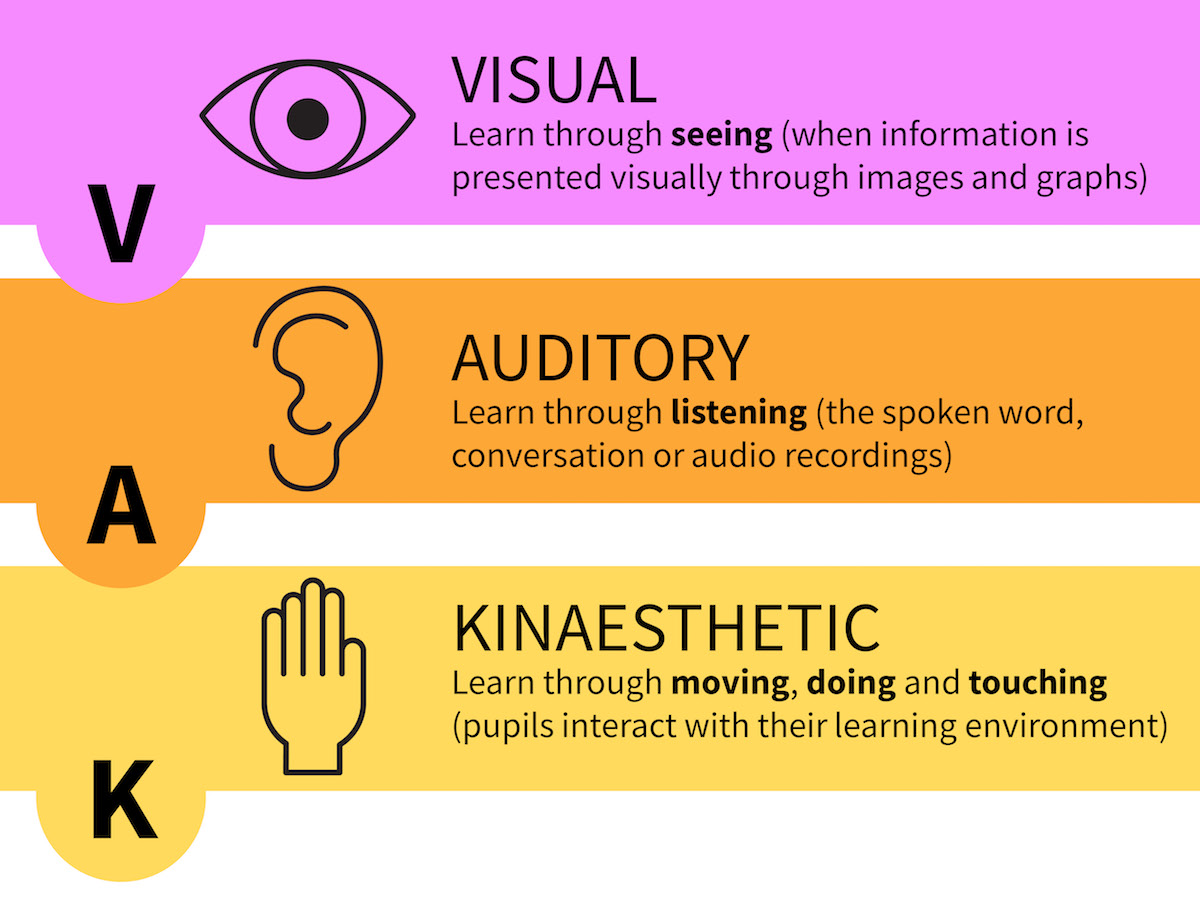News & Views

Helping students cope with exam stress
Every year, during exam season, educators provide feedback on students experiencing high levels of stress and anxiety. It is a critical time for supporting pupil wellbeing.
Stress is an everyday response to external events in our lives, including exams. When we continually experience high levels of stress, it may cause us to feel overwhelmed. However, once the exam or event has happened, it usually means the stress goes away.
Anxiety, however, is the feeling of persistent worries and sensations in the body that don't go away, even in the absence of a stressor. When we experience anxiety over a long period, we may have extreme thoughts, physical sensations and behavioural responses, including panic attacks.
As educators, we want our students to achieve their best during exam season. However, there needs to be less pressure placed upon them and more focus on their mental health and wellbeing.
TOP TIPS
Here are five methods to help pupils reduce exam stress and anxiety.
1. Create a revision timetable
Preparation is vital. Encouraging students to create a revision timetable can reduce stress and make all the difference to their wellbeing. Use websites such as Get Revising to help students:
- Map out key dates for revision.
- Prepare the space where they’ll be studying.
- Chunk down activities into manageable tasks.
- Schedule regular brain breaks.
- Practise past papers.
Most importantly, remind students to go easy on themselves by scheduling fun things to do when they reach their study goals and to build a variety of activities into each revision day.
2. Identify dominant learning styles
Everyone has a unique learning style. Encourage students to study more in alignment with their visual, auditory or kinaesthetic (VAK) learning style (or even a unique combination). When students understand their learning style, it can provide reassurance and help them retain information while revising more comfortably. This is particularly true for neurodivergent learners. For instance, students may like to draw mind maps, listen to voice notes on their phone and/or do some form of movement to revise.

3. Watch Revision Tips – Beating Exam Stress
This handy BBC Bitesize video takes students through a series of helpful tips and activities. This includes relaxation techniques, sleep hygiene and allocating short periods to study. Essentially, the video talks to students in a youth-friendly manner and reminds pupils to focus on their revision goals rather than comparing themselves or competing with their peers. You can access the video here:
4. Practise the ‘STAR’ mindfulness model
During times of exam stress and anxiety, it can be helpful to teach students self-regulation tools like the STAR model. As shown in this poster I created with Optimus Education (link below), the acronym represents:
Stop.
Take a breath
And
Relax!
When students pause from their studies for a few moments to practise mindful breathing and grounding activities, it can help them relax and bring them to a calmer state of mind. You can download the STAR model poster here.
5. Watch Supporting Exam Stress with Breathe Tap Flow®
Breathe Tap Flow® is a simple and creative three-step mindfulness-based process with self-regulation tools for emotional health and wellbeing. The steps are:
- breathwork – a great way for students to slow down and become aware of their emotions
- tapping or EFT – a clinically proven modality known to release anxiety and stress
- a grounding activity to bring students back into the ‘here and now’.
Learn more about this practice by watching this Breathe Tap Flow® video.
Prioritise mental health and wellbeing
Where possible, try to involve parents/caregivers in any of the revision and wellbeing strategies you put into place. This would ideally help facilitate a consistent approach to supporting the students at home and school.
Lastly, mental health and wellbeing should always be a priority. Passing exams is important, but if a student has done their best and didn’t get the desired results, it’s not the end of the world. It is more important for educators to put things into perspective when communicating with students. There are options to retake exams and even opportunities to discover new interests, build resilience and learn key life skills.
Learn how to support and improve the physical, emotional and mental health of your students with the Pupil Wellbeing Award.
About the author

Nicola Harvey is a former senior teacher and pastoral lead with a specialism in special educational needs and mental health. She is also a published author with over 15 years of experience and has worked with many teachers, parents and students to support their mental, physical and emotional health and wellbeing. Her published books, Mindful Little Yogis and Self-Care Activity Book for Kids, explore the importance of integrating inclusive emotional wellbeing strategies both inside and outside of the classroom.
You can follow Nicola on Twitter @HarveyHeals.